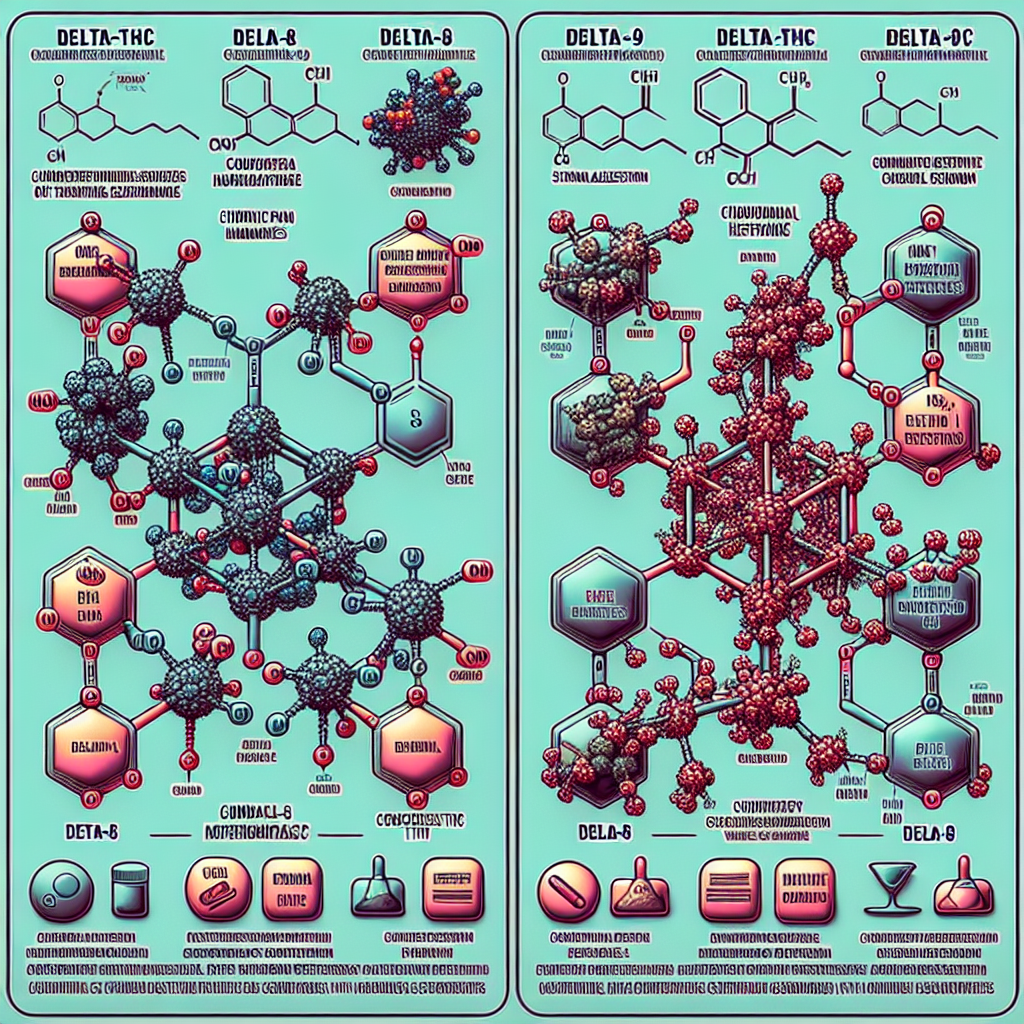The Evolution of Cannabis-Based Medicine
In the evolving field of cannabis-based medicine, the customization of treatments is taking center stage. With advancements in understanding the plant’s chemical complexity, cannabis-based precision medicine are proving to be a cornerstone of precision medicine. These aromatic compounds, responsible for the distinct scents of cannabis strains, hold the key to tailoring therapies for a wide range of medical conditions.
Understanding Precision Medicine and Terpenes
Precision medicine involves tailoring healthcare to the individual, accounting for unique physiological factors, lifestyle, and even genetic makeup. Terpenes fit perfectly into this paradigm, as they provide a spectrum of effects that enhance the therapeutic potential of cannabinoids. For example, a patient with anxiety may benefit from limonene’s mood-enhancing properties, while another with chronic inflammation may respond better to β-caryophyllene.
The Role of Terpene Profiling
Clinicians are increasingly recognizing the potential of terpene profiling for optimized outcomes. This approach allows cannabis therapies to be precisely matched to the needs of the individual, improving efficacy and minimizing side effects. This article examines the role of terpene profiles in personalized cannabis medicine, exploring clinical applications and recent research that underscores their transformative potential.
Understanding Terpene Science
Terpenes interact with cannabinoids and the body’s endocannabinoid system (ECS), amplifying therapeutic effects and influencing drug pharmacokinetics. Their variability across cannabis strains makes them indispensable in the design of personalized treatments.
Essential Terpenes and Clinical Applications
β-Caryophyllene: Found in black pepper and cloves, this terpene is unique for its ability to directly activate CB2 receptors, offering robust anti-inflammatory and analgesic effects. Studies have shown its efficacy in autoimmune conditions like arthritis and lupus (Clinical Immunology Journal, 2021).
Limonene: With its citrusy scent, limonene is known for its anti-anxiety and mood-enhancing effects. Research indicates it modulates serotonin receptors, providing relief for patients with generalized anxiety disorders (Journal of Psychiatry, 2022).
Myrcene: A terpene known for its sedative properties, myrcene facilitates cannabinoid absorption and pain relief, making it suitable for conditions like fibromyalgia and chronic pain (Pain and Symptom Management, 2021).
Terpinolene: Less common but highly versatile, terpinolene has antioxidant and sedative effects, with potential applications in neuroprotection and sleep regulation.
Clinical Implementation Framework
A patient with insomnia might benefit from strains high in linalool and CBN for their calming effects.
Those seeking relief from PTSD may respond to limonene and CBD for mood stability and reduce hyperarousal symptoms.
Patients with neurodegenerative diseases such as Parkinson’s could find therapeutic value in pinene and THC for cognitive function and reduce inflammation.
Advanced Terpene Analysis
Emerging technologies in terpene analysis are reshaping how clinicians approach cannabis-based treatments. Gas chromatography-mass spectrometry (GC-MS) and advanced liquid chromatography allow for precise identification of terpene concentrations within cannabis strains. These tools provide clinicians with the data needed to recommend strains that align with patient-specific needs. Moreover, the integration of artificial intelligence in patient care is helping predict which terpene profiles for individual cases based on genetic markers and symptom patterns.
Future of Cannabis Medicine
Terpenes represent a breakthrough in cannabis-based precision medicine. Their diverse profiles allow clinicians to develop targeted therapies for individual patient needs, ensuring both effectiveness and safety. Groundbreaking studies published in journals like Clinical Immunology Journal and Journal of Psychiatry highlight their potential to revolutionize cannabis treatments.
As the cannabis industry embraces terpene profiling and precision medicine, the possibilities for patient care are expanding. Advanced terpene analysis tools and a growing understanding of their therapeutic effects are paving the way for refined, evidence-based approaches. The integration of terpene science into clinical practice marks a new era in cannabis-based healthcare—one where treatments are as unique as the patients they serve.




